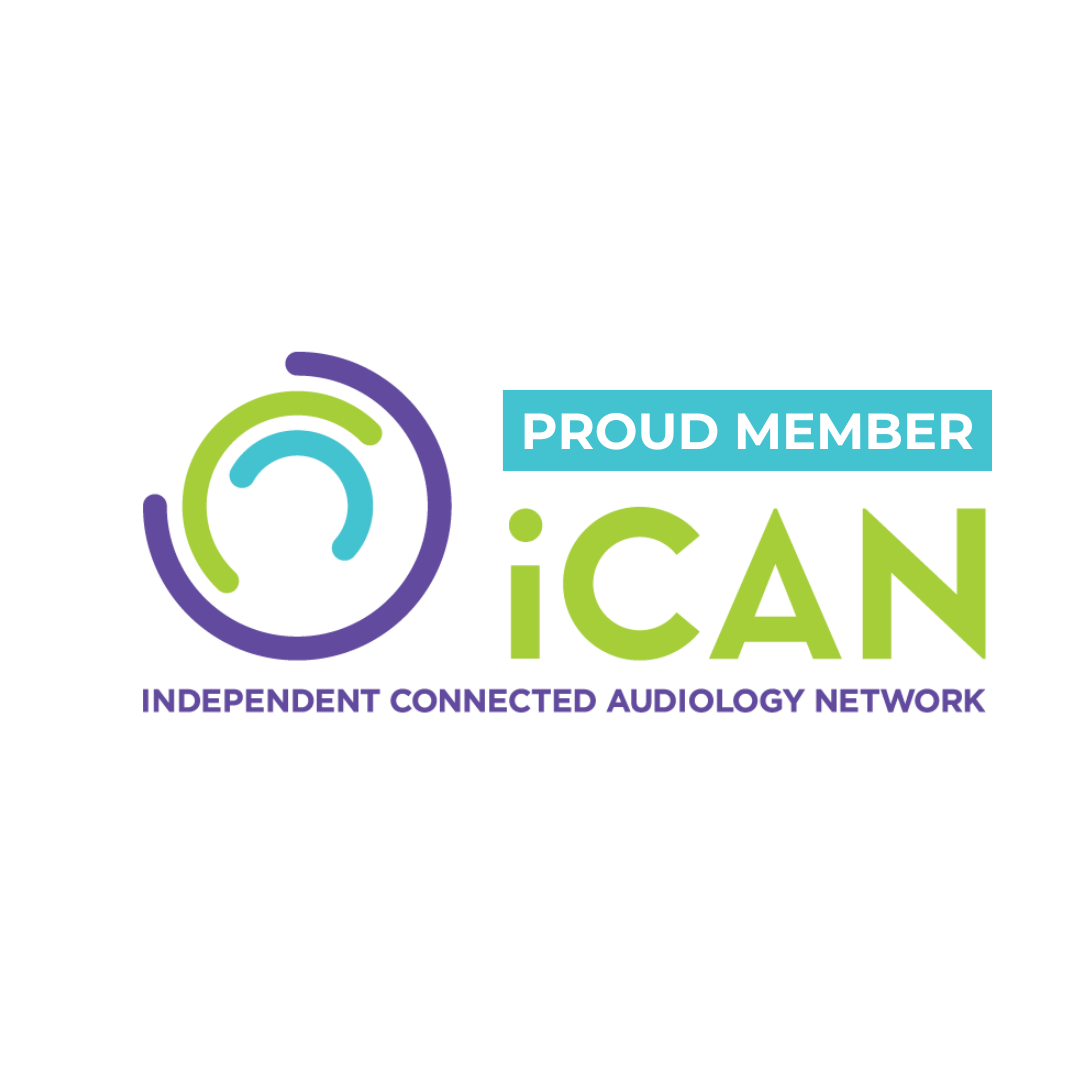The Intersection of Brain Health and Audiology: A Comprehensive Guide

By: Mapula Mokwena (clinical audiologist)
Understanding Brain Health
The brain is the control centre of the human body, responsible for thought processes, information processing, and the many functions that keep us alive and well. But what does it mean to have ‘healthy’ brain function, and why is it important in the context of audiology?
Brain health is more than just the absence of brain diseases. It encompasses the physical, psychological, and social aspects of cognitive well-being. Think of it as a goal—a state of mind where you’re able to perform all cognitive functions effortlessly and efficiently.
An individual’s brain health is a major determinant of their quality of life. It affects everything from memory and learning to decision-making processes and the ability to perform daily tasks. And in the context of audiology, a healthy brain is necessary to process and interpret the auditory information received.
Genetics, lifestyle, and environmental factors all play a role in brain health. The adage “use it or lose it” is particularly true when it comes to brain function, as engaging in mentally stimulating activities can promote neural growth and maintain cognitive abilities. Yet, physical health is just as crucial, with factors like cardiovascular health, diet, and exercise influencing brain resilience.
The Role of Audiology in Brain Health
Audiologists are at the forefront of understanding and addressing issues that can impact brain health. How exactly does audiology play a key role in ensuring our brains stay healthy?
Research has shown that untreated hearing loss can lead to an increased risk of cognitive decline and dementia. This is because the brain, when deprived of sound information, will undergo a process called auditory deprivation, which can negatively impact neural health over time.
The Importance of Early Intervention
Here lies the critical intersection; audiology professionals have the ability to identify hearing loss early and implement interventions—such as hearing aids and cochlear implants—that can provide the necessary auditory stimulation to the brain, maintaining its health and function.
Strategies for Maintaining Brain Health
While audiology interventions can be crucial, there are many proactive steps individuals can take to maintain and improve brain health.
Good nutrition, regular exercise, quality sleep, and active social engagement are all essential components of a lifestyle that promotes brain health. These factors have been linked to improved brain function and reduced risk of cognitive decline.
Engaging in activities that challenge the brain-such as puzzles, reading, learning a new language, or playing an instrument-can help build cognitive reserve. Cognitive reserve is the brain’s ability to maintain normal function despite age or disease-related changes.
Innovations in Audiology for Brain Health
Technological advancements in audiology are not only enhancing our ability to address hearing loss but are also playing a significant role in supporting brain health.
Modern hearing aids are marvels of innovation, capable of providing a wide range of sound frequencies and adapting to different listening environments. Some are equipped with cutting-edge features like artificial intelligence that can learn user preferences and optimize sound processing to deliver the best possible listening experience.
Cognitive hearing solutions, a term that encompasses various interventions, focus on providing the brain with clearer, more accessible sound. From brain hearing aid technology to auditory training programs, these solutions help individuals make the most of their residual hearing while stimulating the brain with sound information.
Impact of Brain Health on Overall Well-being
The connection between brain health and overall well-being cannot be overstated.
The World Health Organization defines health as “a state of complete physical, mental and social well-being.” In adhering to this definition, healthy brain function is a core component of a high quality of life.
The brain processes the sensory information that allows us to interact with the world and experience our emotions. As such, maintaining brain health is of intrinsic importance in managing mental health conditions and ensuring emotional stability.
In Conclusion
The intricate web that ties together brain health and audiology offers incredible possibilities and responsibilities. As audiology continues to advance, it’s critical that we not only acknowledge the link between hearing and brain health but actively work to improve both.
A healthy brain is the foundation of a life well-lived. The role of audiology professionals in promoting, protecting, and restoring brain health is significant and multifaceted. By understanding the impact of hearing on the brain, we can ensure that our patients, and ourselves, have the best opportunity to enjoy a lifetime of rich sounds and cognitive vitality.




